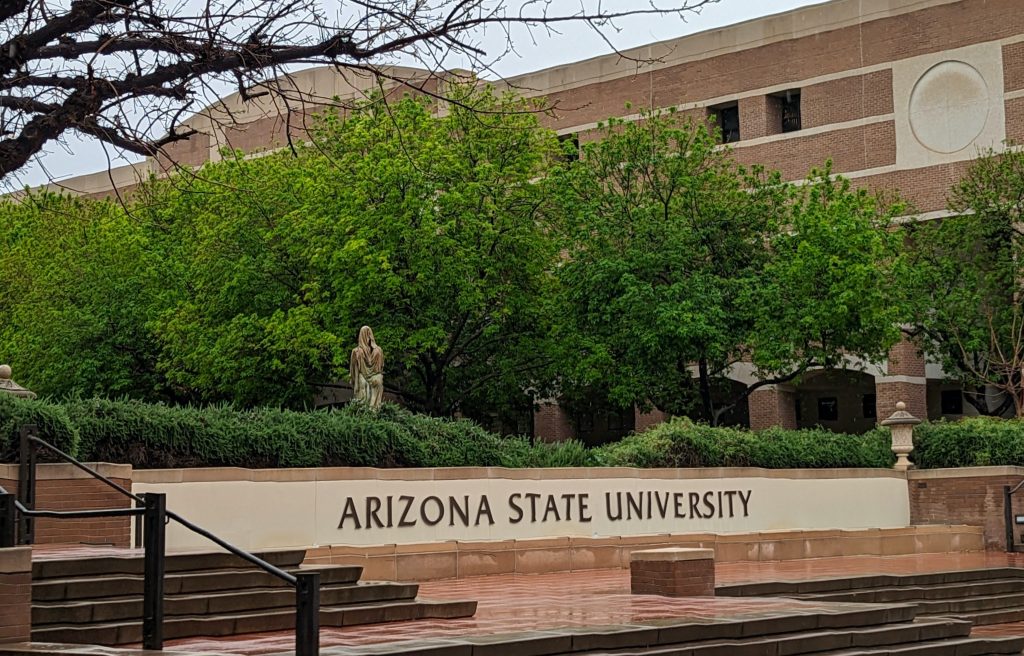The situation at Arizona State University (ASU), as described, underscores significant issues surrounding academic freedom, ideological intolerance, and donor relations within higher education. Here are some key points and implications from the scenario:
Donor Relations and Intentions
- Donor Expectations vs. Reality: Tom Lewis, a generous donor to ASU, intended his contributions to support practical life skills education at the T.W. Lewis Center. The controversy over the event featuring conservative speakers Charlie Kirk and Dennis Prager revealed a disconnect between Lewis’s intentions and how his support was perceived and managed by ASU faculty and administrators.
- Impact of Controversy: The reaction from “woke” faculty and administrators, characterizing Kirk and Prager negatively and attempting to thwart their appearance, led to backlash and ultimately impacted individuals associated with the Center, such as Ann Atkinson and Linda Blake, who lost their jobs. This outcome contrasts with the Center’s original mission of providing practical education.
- Donor Response: Tom Lewis’s decision to withdraw future support for the Center signifies a direct response to what he views as intolerant behavior and a departure from the Center’s mission. This action aims to communicate consequences for what he perceives as ideological intolerance and mismanagement of donor intent.
Institutional Dynamics and Academic Freedom
- Freedom of Speech and Academic Environment: The incident raises questions about academic freedom and the ability to host speakers with differing viewpoints without undue interference. ASU’s handling of the event and subsequent personnel decisions have sparked concerns about the university’s commitment to intellectual diversity and free expression.
- Administrative Response: The perceived lack of support or response from ASU’s leadership, including President Michael Crow, has been noted as potentially exacerbating the situation. This stance may reflect broader trends where university leaders tread carefully to avoid conflict with vocal factions on campus.
Broader Implications for Higher Education
- Impact on Reputation: The fallout from this incident could affect ASU’s reputation among prospective students and donors who prioritize intellectual diversity and tolerance of differing viewpoints in their choice of educational institutions.
- Legal Considerations: Potential legal implications, such as breach of contract claims by terminated employees like Ann Atkinson and Linda Blake, highlight the complexities universities face when managing personnel decisions amidst ideological controversies.
Conclusion
The ASU case serves as a cautionary tale about the challenges universities face in balancing academic freedom, donor expectations, and ideological diversity. It underscores the importance of clear communication, respect for donor intent, and fostering an inclusive academic environment where diverse viewpoints are not only tolerated but embraced as opportunities for robust intellectual exchange. Moving forward, how universities address such controversies will significantly influence their standing among stakeholders and their ability to uphold core values of education and academic discourse.










